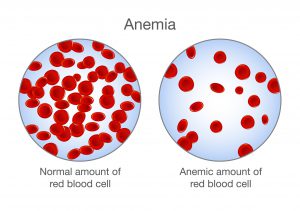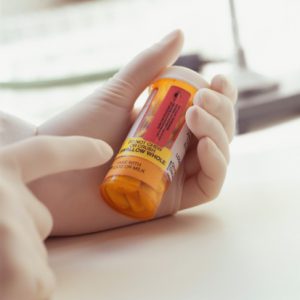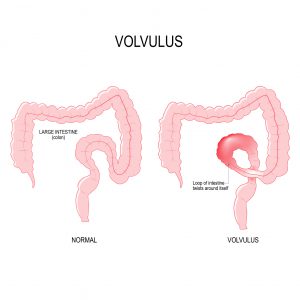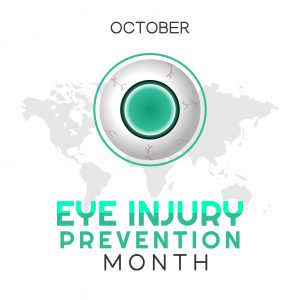 We all have our bad habits. We also have bad hygienic habits. Here are some bad hygienic habits that can make you sick:
We all have our bad habits. We also have bad hygienic habits. Here are some bad hygienic habits that can make you sick:
- Washing your hands incorrectly- when you don’t wash your hands properly, germs can get into the body through the eyes, nose, and mouth and make you sick. Germs from unwashed hands can get into foods and drinks while people prepare or consume them.
- Irregular brushing or flossing of teeth- not brushing or flossing your teeth can lead to swollen, bleeding gums, bad breath, cavities, and gum disease.
- Rarely showering or bathing- not showering can cause acne, rashes, and life-threatening infections.
- Infrequently washing bedding- bedsheets that haven’t been washed in months or longer become a petri dish of bacteria, fungus, and dust mites, and can lead to a staph infection.
- Leaving in contact lenses for days- wearing contact lenses for a week or longer can lead to severe eye infections, including corneal ulcers.
- Not washing bras or underwear regularly- not washing your underwear properly leaves the risk of contracting yeast infections, thrush, and urinary tract infections. Wearing unwashed bras can cause acne, rashes, or worse.
- Sharing toothbrushes, razors, or hairbrushes- using someone else’s toothbrush can lead to oral infections. Using someone’s razor can lead to skin infections like staph and also transmit viruses like hepatitis and HIV.
- Reusing water bottles without washing them- refilling your reusable water bottle without washing it can cause large amounts of bacteria including E. coli to form.
- Not washing produce before eating or cooking with them- ingesting the bacteria on unwashed fruits and veggies can give you food poisoning, and consuming the pesticides on some of these foods can raise your risk of serious conditions.
- Not washing your hair regularly- bacteria will start to collect and clog your hair follicles, which could lead to infection.
- Using your kitchen sponge for too long- using a dirty sponge can spread salmonella, E. coli, and staphylococcus, among other nasty substances.
Good hygiene isn’t about eradicating yourself of germs. You can kick bad hygiene habits by not letting harmful bacteria fester or not taking shortcuts.
All content of this newsletter is intended for general information purposes only and is not intended or implied to be a substitute for professional medical advice, diagnosis or treatment. Please consult a medical professional before adopting any of the suggestions on this page. You must never disregard professional medical advice or delay seeking medical treatment based upon any content of this newsletter. PROMPTLY CONSULT YOUR PHYSICIAN OR CALL 911 IF YOU BELIEVE YOU HAVE A MEDICAL EMERGENCY.










